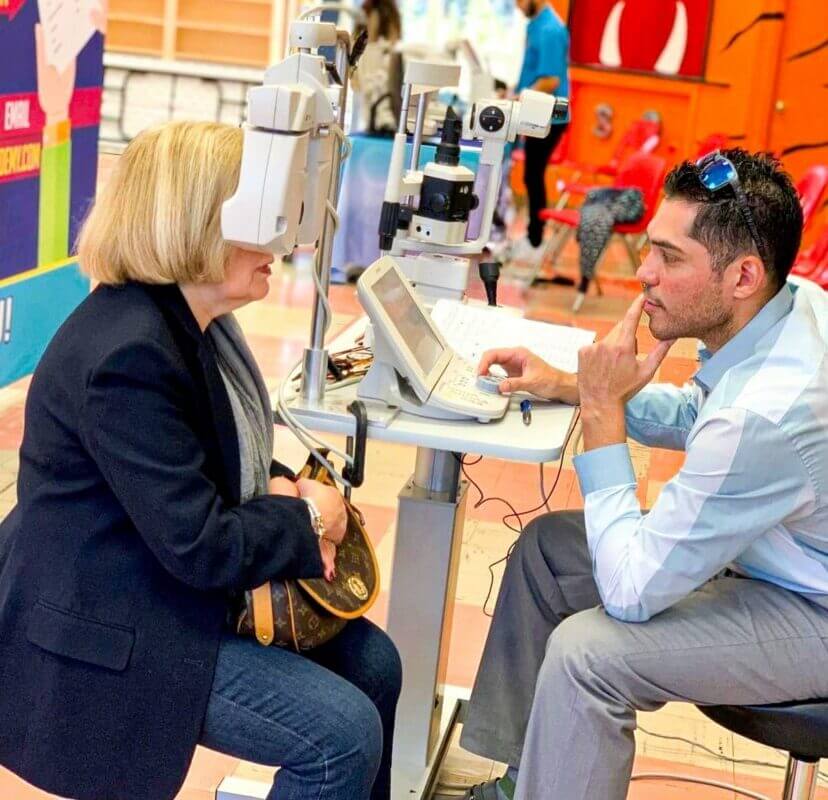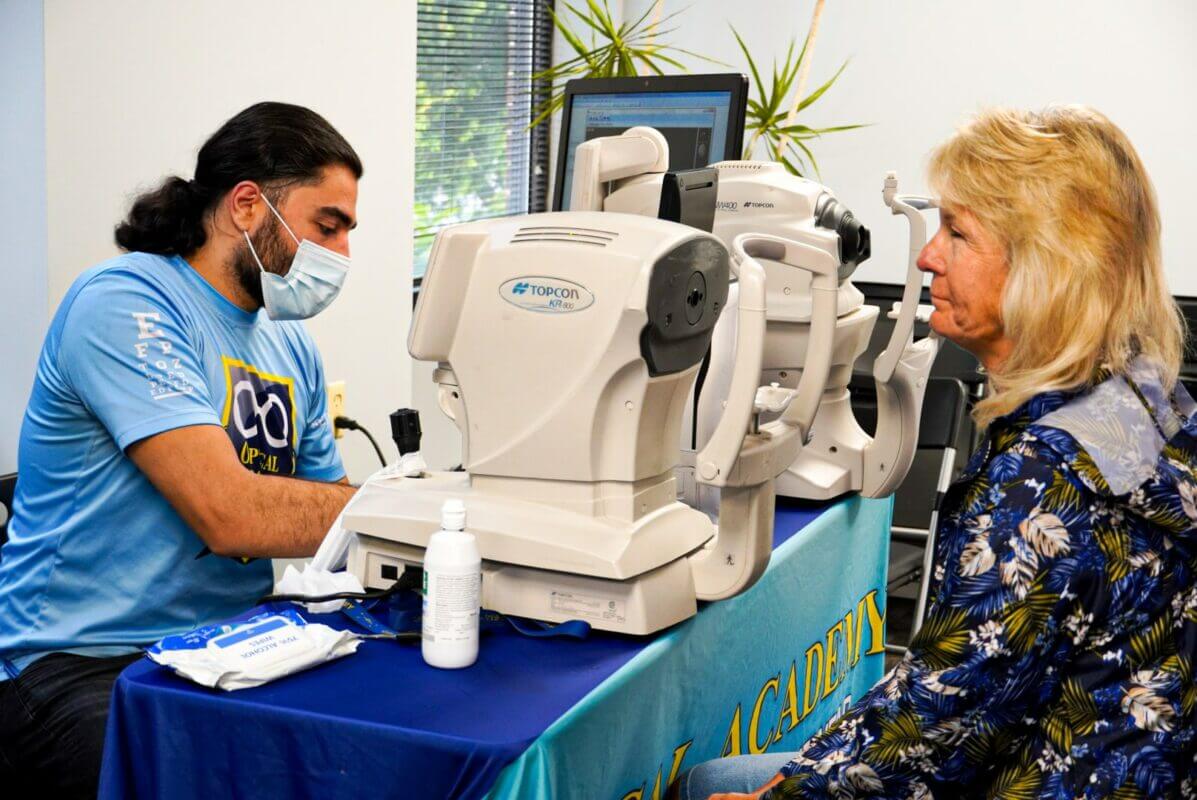When it comes to eye care, you have two main options: an ophthalmologist or an optometrist. Both are trained professionals who can help you with your vision, but there are some key differences between the two. What’s the difference between the two and when do you need to see one or the other? Treatment options depend on the problem you’re having.

Difference Between an Ophthalmologist and Optometrist
Ophthalmologist
Ophthalmologists are medical doctors who undergo advanced eye care training. They are licensed to practice medicine and perform surgery. Ophthalmologists can treat all eye diseases and disorders, and they are trained to perform complex surgeries, such as those with cataracts or glaucoma.
When Should You See An Ophthalmologist?
In some instances, it’s recommended to go straight to the ophthalmologist. Seek ophthalmological care if you have:
- Serious eye conditions that require surgery
- Complex medical problems affecting the eyes
- Conditions that don’t respond to treatment by an optometrist
Optometrist
Optometrists are not medical doctors but undergo advanced eye care training. Optometrists are licensed to prescribe glasses and contact lenses and to detect and treat some eye problems, such as glaucoma. However, they are not licensed to perform surgery.
When Should You See An Optometrist?
You can see your optometrist for your routine eye care needs. Here’s a list of when to see an optometrist:
- Annual eye exams
- Prescription for eyeglasses or contact lenses
- Fitting for contact lenses or glasses
- Managing eye conditions with medication or other treatments
How do Ophthalmologists and Optometrists Work Together?
While ophthalmologists and optometrists both focus on eye care, they do so in different ways. Ophthalmologists are medical doctors who can prescribe medication and perform surgery, while optometrists are not medical doctors but can prescribe glasses and contact lenses. Ophthalmologists usually refer patients to optometrists for routine eye exams and the fitting of glasses or contact lenses, while optometrists usually refer patients to ophthalmologists for more complex problems that require medication or surgery.
Optometrists and Ophthalmologists will work together in the same practice to provide comprehensive eye care to their patients. This is known as a co-management arrangement. In a co-management arrangement, the ophthalmologist will provide the medical care and the optometrist will provide the routine eye care.
How to choose an eye doctor?
First, decide if you need an ophthalmologist or optometrist. If you have a complex medical condition that requires medication or surgery, you will need to see an ophthalmologist. If you need vision correction through glasses or contact lenses, you should visit an optometrist.

Eye Care Professionals At Optical Academy
We are the six O’s. This means that we provide services for eyes and vision at Optical Academy. The six O’s are Ophthalmologists, Optometrists, Opticians, Onsite, Online, and Office. Schedule an appointment with our eye care professionals both in-office at our location or onsite at yours!


Worksite
All Employees Served With Direct Vision Care All In One Day At Their Worksite!.
Glasses2Classes
Vision screenings, eye exams, and eyewear for all students at their schools!
Community Events
Provide Easy Access To Eye Care & Eyewear for Your Entire Community!
At Home
Skip the trip! We travel directly to all fragile homebound patients!